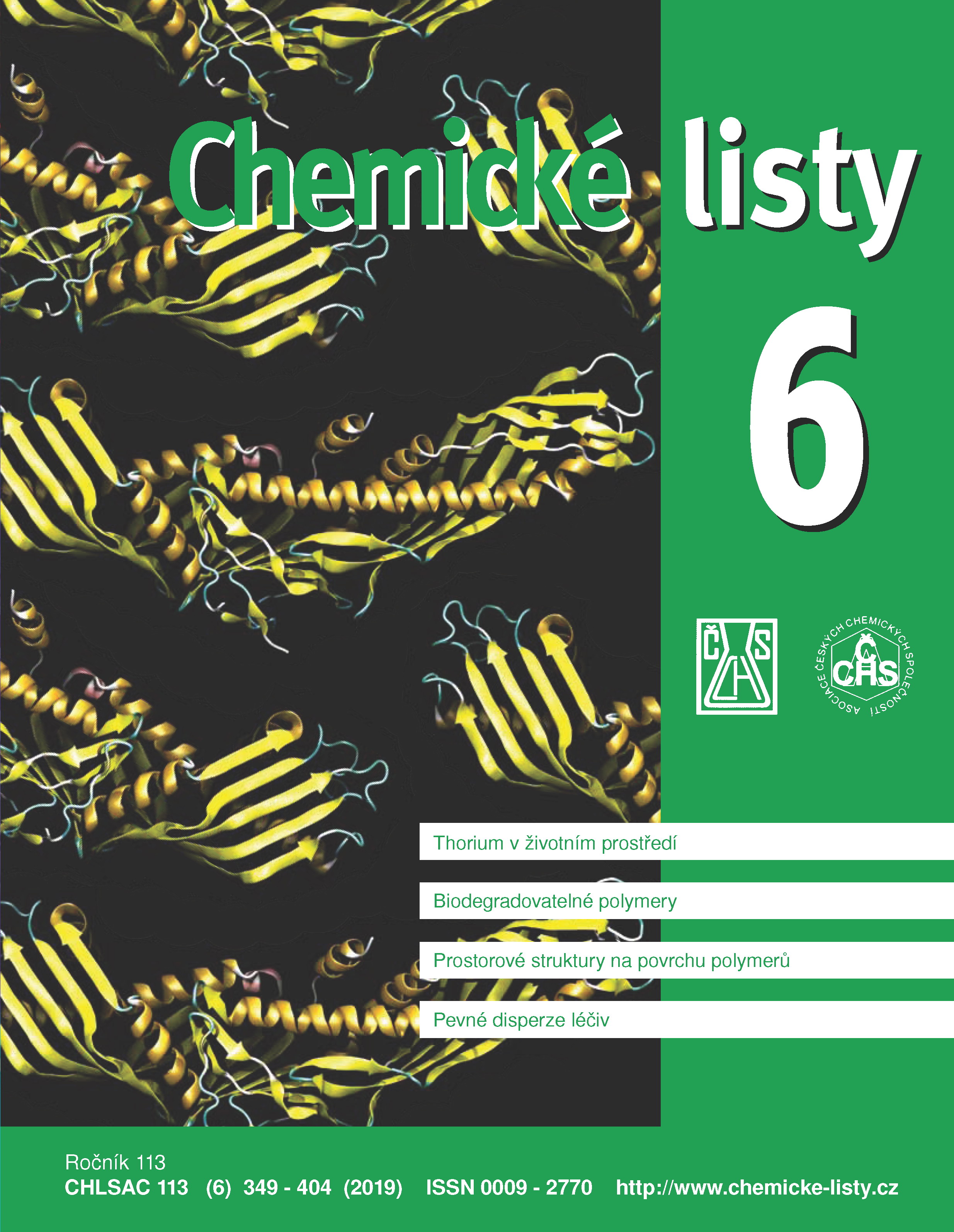Synthetic Biodegradable Polymers for Parenteral Drug Administration
Keywords:
biodegradable polymers, degradation, microparticles, implantsAbstract
This work provides a brief overview of synthetic (biosynthetic) biodegradable polymeric substances used in biomedical applications. Some of them have been used for many years, others are less known and still others are being studied and included in common use. The research and development of these biodegradable materials seeks to integrate them into the largest possible spectrum of dosage forms where degradation is desirable. In addition to one of the first established synthetic biodegradable polymers, that is, those of lactic acid, glycol and their copolymers, the group of polyanhydrides is extensively studied for the use in the pharmaceutical industry and was approved by the US FDA. Polyurethanes have achieved a wide application in orthopedic applications, bone tissue engineering and oncological indications. A great potential of immunostimulating polyphosphazenes predestines them as a new alternative for vaccine administration. Interestingly, there is a relatively new way of production of bacterial polyesters (polyhydroxyalkanoates) with a great potential in pharmaceutical and medical applications.





